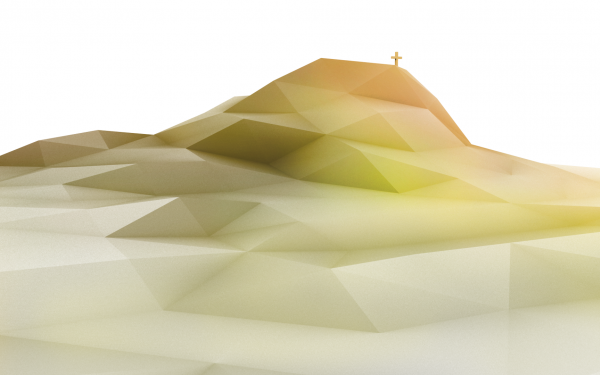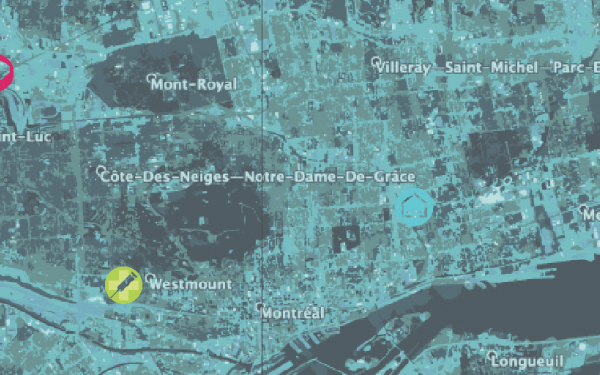Mental Health Special Issue
It’s hard, sometimes, being a person.
Yes, we have big brains that can do remarkable things. Our brains have taken us to the moon. Our brains have written sublime books. Our brains created hamburgers—and veggie burgers.
But our brains are so big and so complex that, once in a while, they behave in unexpected ways. They make us sad for a long time. They try to focus on too many things at once, making us tired and confused and unable to feel normal. They show us things that don’t exist, or that scare us and hurt us, but don’t let us look away. There are so many ways our amazing brains can turn on us.
For a long time, that scared us. It scared us so much that we didn’t want to talk about it. Even with friends or family, we were so scared of what we didn’t understand. So we pushed those thoughts away and stigmatized them. We made talking about the scary reality of fluctuating mental health taboo. We’ve come a long way since then, as a society—especially in the last few years. But we’ve a long ways to go yet.
It’s still not widely accepted that one’s mental health is as important, or as alive, as their physical health. There’s a reluctance to acknowledge mental health issues as being just as serious as physical injuries. There’s a reluctance to acknowledge how mental health is affected by other elements of one’s identity and the circumstances that spring from them: age, gender, race and sexuality.
A student would never be expected to limp painfully into class with a freshly broken leg and a smile. But when it comes to experiencing a bout of anxiety or depression, we get dressed and go to work while hiding that we’re hurting, pretending everything is fine. Hopelessness, anger, obsession, fear, mania—these affect our ability to live, too.
With the Mental Health Special Issue, we wanted to create a safe and supportive platform for sharing the experiences, thoughts, and research of our brains. This isn’t a guide for navigating or solving mental health conditions or concerns. We’re not scientists or psychologists. This is simply a journal of what we’ve lived and what we’ve learned.
In publishing this, we’re contributing to a larger conversation. We hope you recognize yourself in some of the stories we share and that you re ect on what your own mental health means to you. And that you, the reader, will speak out, as well.
We are the people in this publication. Each of us has endured periods of bad mental health, in one form or another. Everyone does. It’s part of being human. But here we are, in solidarity with friends, family, peers, and strangers. If you’ve struggled, if someone you know has struggled, this is for you.
With love,
The Link

_600_832_s.png)

.WEB_600_375_90_s_c1.jpg)


